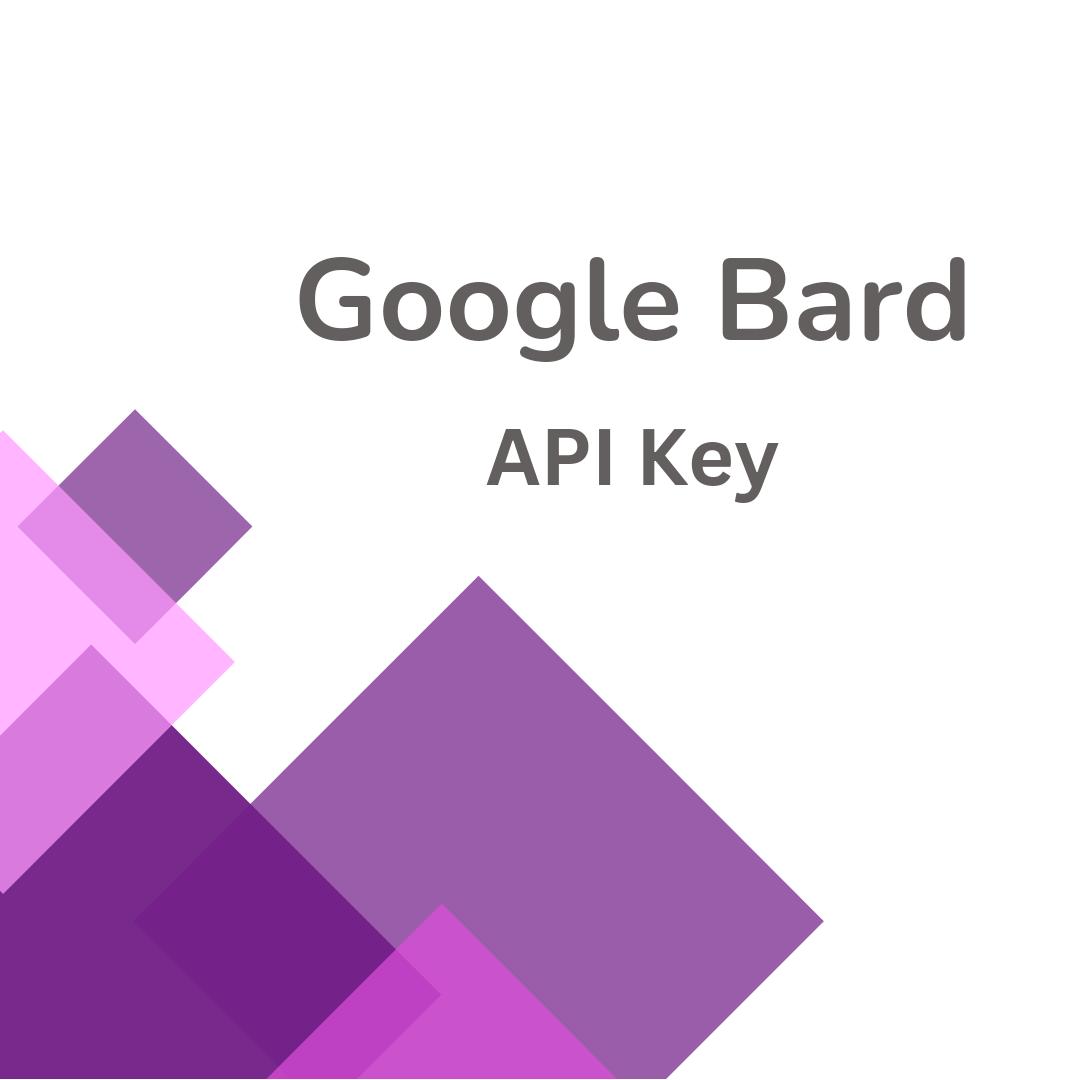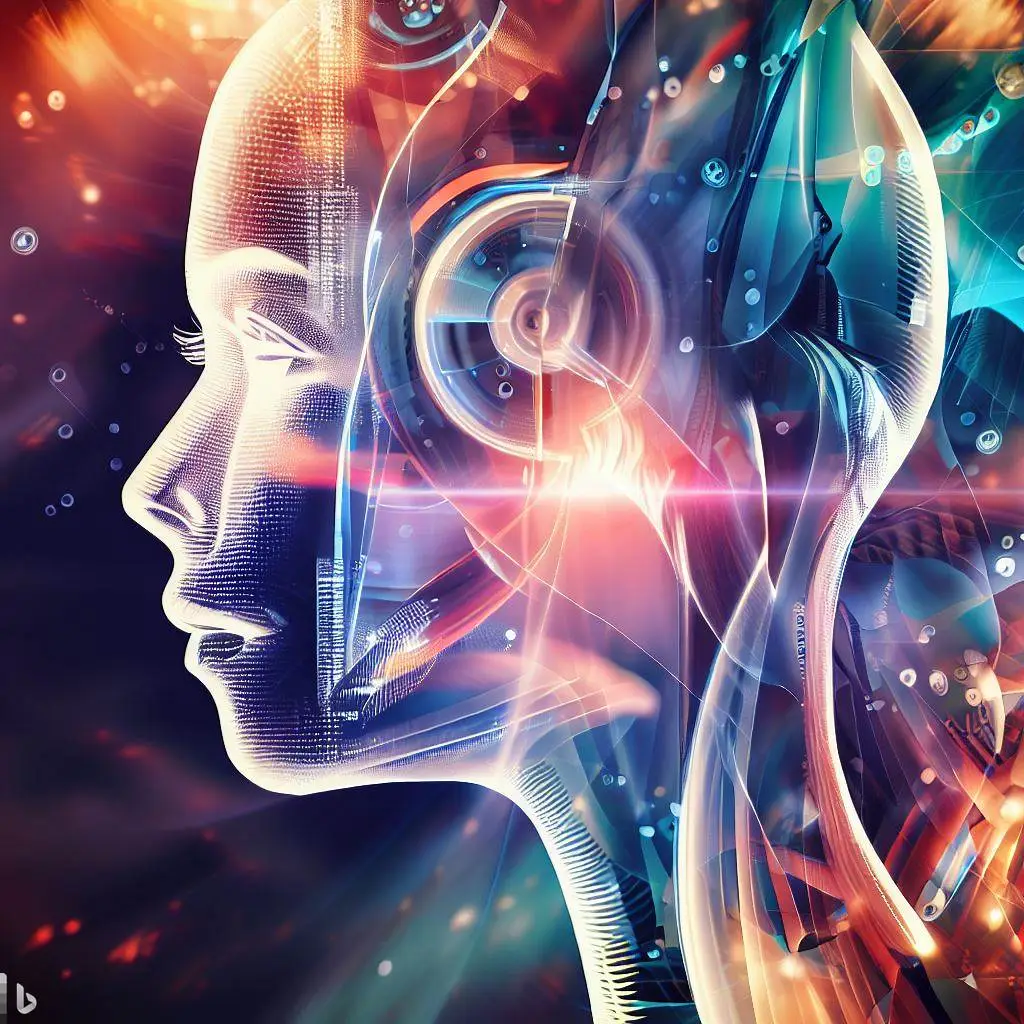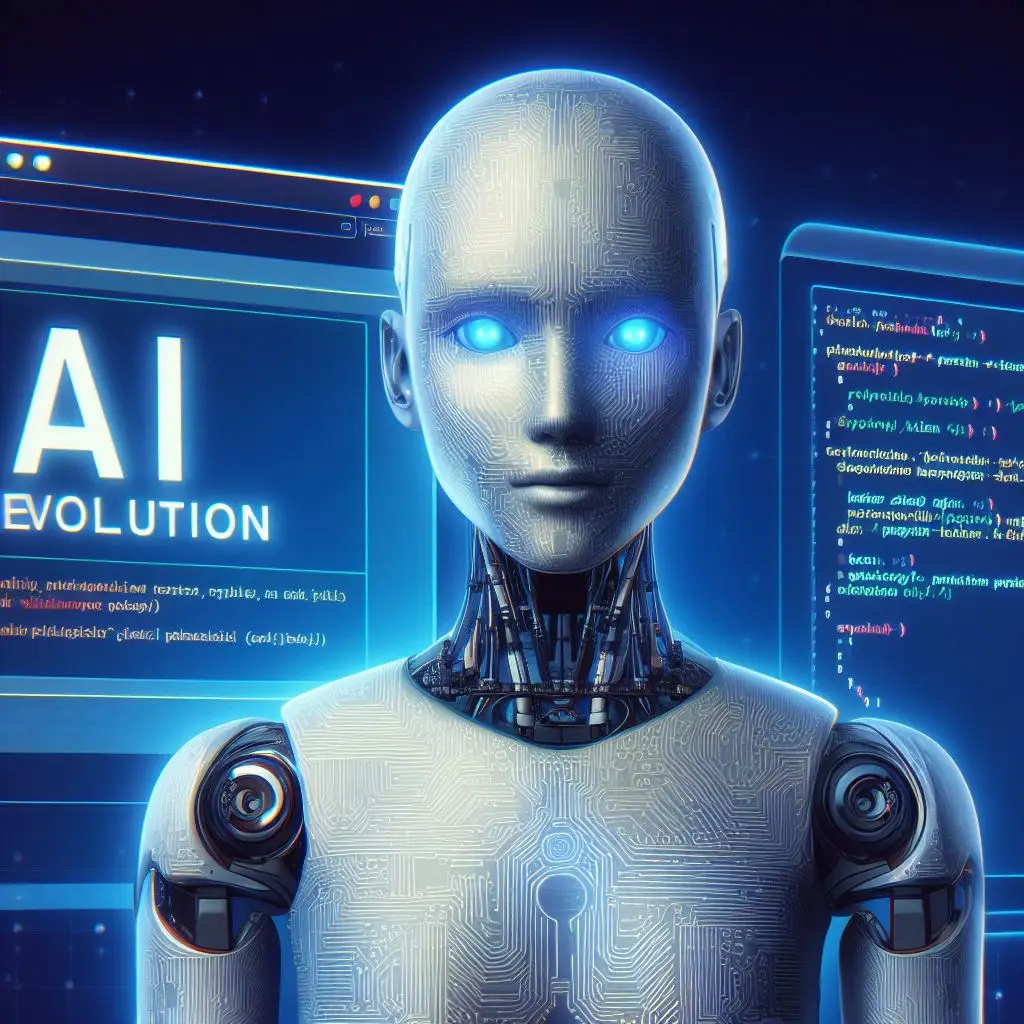Introduction
South Korea is on the cusp of a groundbreaking educational shift with the introduction of AI-powered textbooks. Scheduled to be rolled out next year, this initiative aims to integrate tablets into classrooms, revolutionizing how students interact with learning materials. However, the program is encountering significant pushback from a concerned parent community who question the wisdom of prioritizing technological advancements over students' overall well-being.
The AI Textbook Initiative
The South Korean government plans to implement AI-driven textbooks across various subjects by 2028. The initiative is part of a broader effort to modernize education through technology. Tablets equipped with these AI textbooks will provide tailored learning experiences, adapting to each student's pace and style of learning. Teachers will be provided with dashboards to monitor student progress and engagement in real-time.
Despite these promising features, the government has been sparse on the specifics of how the AI textbooks will function in practice. The integration of this technology aims to enhance personalized learning, but it also raises questions about its long-term impact on students.
Parental Concerns
The announcement of the AI textbook program has been met with considerable skepticism from parents. More than 50,000 have signed a petition urging the government to reconsider its focus on technological solutions. The petition highlights concerns that excessive screen time and digital device usage could negatively affect children’s cognitive and emotional development.
Lee Sun-youn, a mother of two, expressed her apprehension about the potential risks associated with increased digital device usage. “I am worried that too much usage of digital devices could negatively affect their brain development and overall well-being,” she told The Financial Times.
Parents fear that the heavy reliance on digital devices could exacerbate issues such as digital addiction, decreased physical activity, and the potential for diminished face-to-face interactions. These concerns are compounded by a lack of detailed information from the government on how these AI textbooks will be integrated into daily learning and how potential negative effects will be mitigated.
The Government’s Response
In response to the backlash, the South Korean government has defended the AI textbook program, emphasizing its commitment to enhancing educational outcomes through technology. Officials argue that the use of AI can offer personalized learning experiences that traditional textbooks cannot provide, potentially addressing individual learning gaps more effectively.
Conclusion
As South Korea prepares to launch its ambitious AI textbook program, the debate surrounding its implementation underscores a broader dialogue about the role of technology in education. While the initiative promises to innovate and personalize learning, it also brings to light important concerns about the balance between technological advancement and student well-being. The coming years will be critical in determining whether the AI textbooks fulfill their potential without compromising the holistic development of students. For now, the voices of concerned parents serve as a crucial reminder to carefully consider the broader implications of such sweeping educational reforms.









Add a Comment: